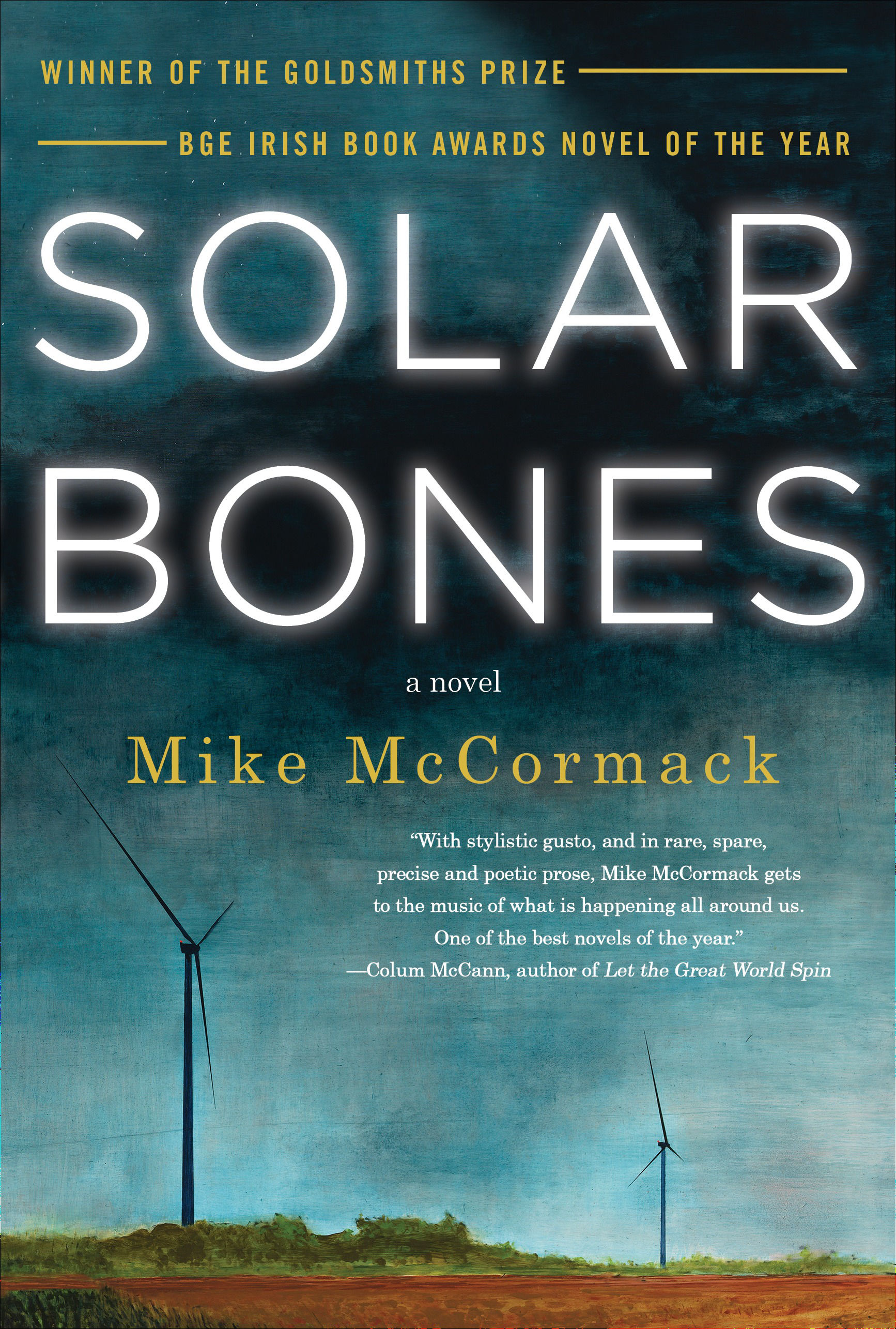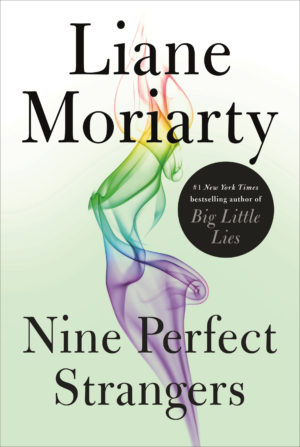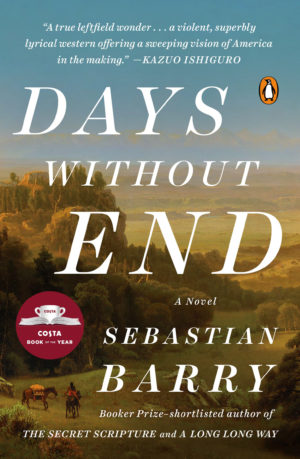Description
Longlisted for the 2017 Man Booker Prize
Winner of the Goldsmiths Prize
Winner of the Bord Gáis Energy Irish Book Awards Novel of the Year
An Irish Times Book Club Choice
“With stylistic gusto, and in rare, spare, precise and poetic prose, Mike McCormack gets to the music of what is happening all around us. One of the best novels of the year.” —Colum McCann, author of Let the Great World Spin and TransAtlantic
“Pure enchantment from an otherworldly talent. I admired the hell out of this book.”—Eleanor Catton, Man Booker Prize–winning author of The Luminaries
”A Joycean novel about illness, suffering and work . . . remarkable . . . poetic. It is the vivid attention to detail, both in Ulysses, James Joyce’s masterpiece, and in Solar Bones, which make both these novels resonate like that evening bell.” —The Economist
“Excellence is always rare and often unexpected: we don’t necessarily expect masterpieces even from the great. Mike McCormack’s Solar Bones is exceptional indeed: an extraordinary novel by a writer not yet famous but surely destined to be acclaimed by anyone who believes that the novel is not dead and that novelists are not merely lit-fest fodder for the metropolitan middle classes.”—The Guardian
“A heady rumination on modern life as otherworldly as it is grounded in reality.”—Entertainment Weekly
Solar Bones is a masterwork that builds its own style and language one broken line at a time; the result is a visionary accounting of the now.
A vital, tender, death-haunted work by one of Ireland’s most important contemporary writers, Solar Bones is a celebration of the unexpected beauty of life and of language, and our inescapable nearness to our last end. It is All Souls Day, and the spirit of Marcus Conway sits at his kitchen table and remembers. In flowing, relentless prose, Conway recalls his life in rural Ireland: as a boy and man, father, husband, citizen. His ruminations move from childhood memories of his father’s deftness with machines to his own work as a civil engineer, from transformations in the local economy to the tidal wave of global financial collapse. Conway’s thoughts go still further, outward to the vast systems of time and history that hold us all. He stares down through the “vortex of his being,” surveying all the linked circumstances that combined to bring him into this single moment, and he makes us feel, if only for an instant, all the terror and gratitude that existence inspires.




